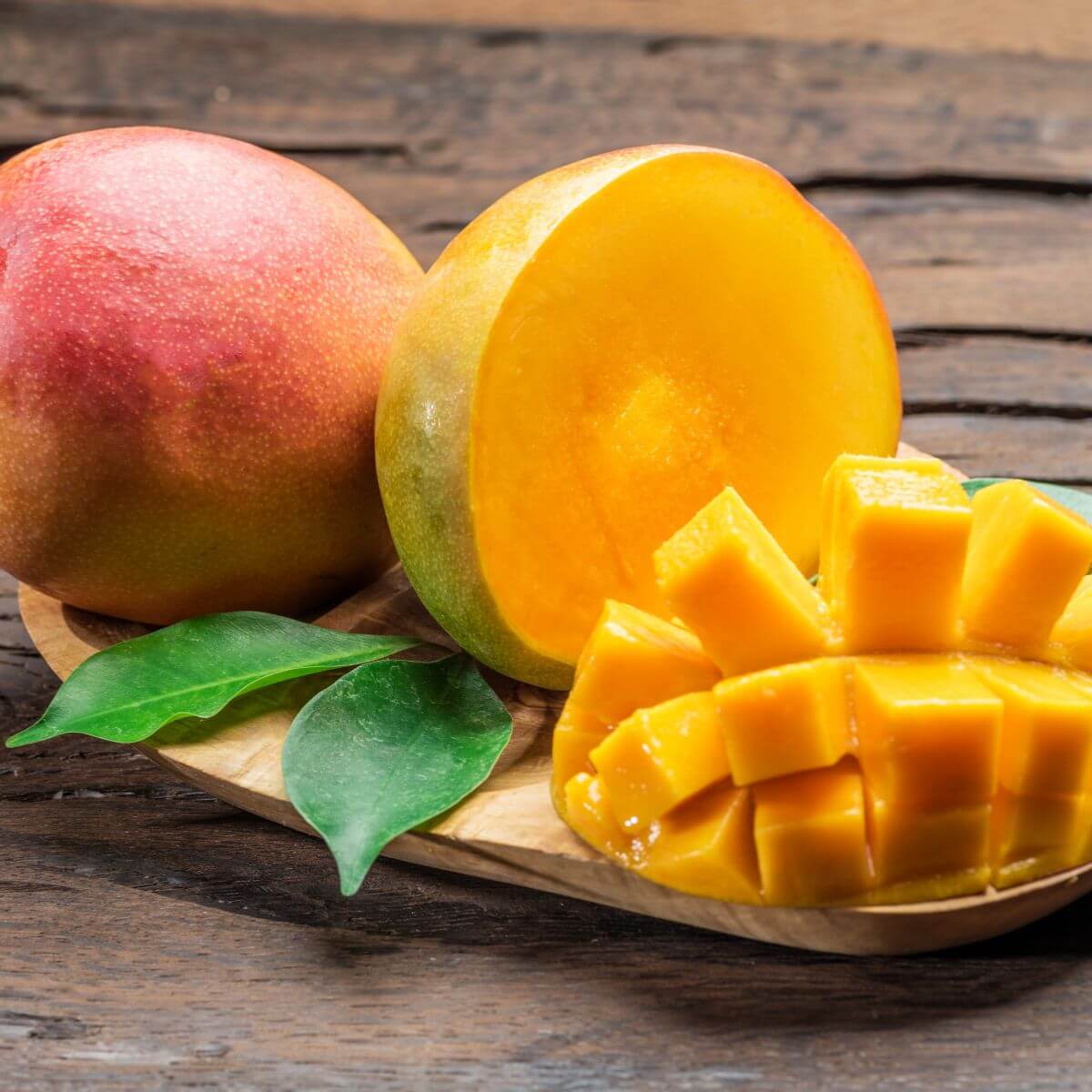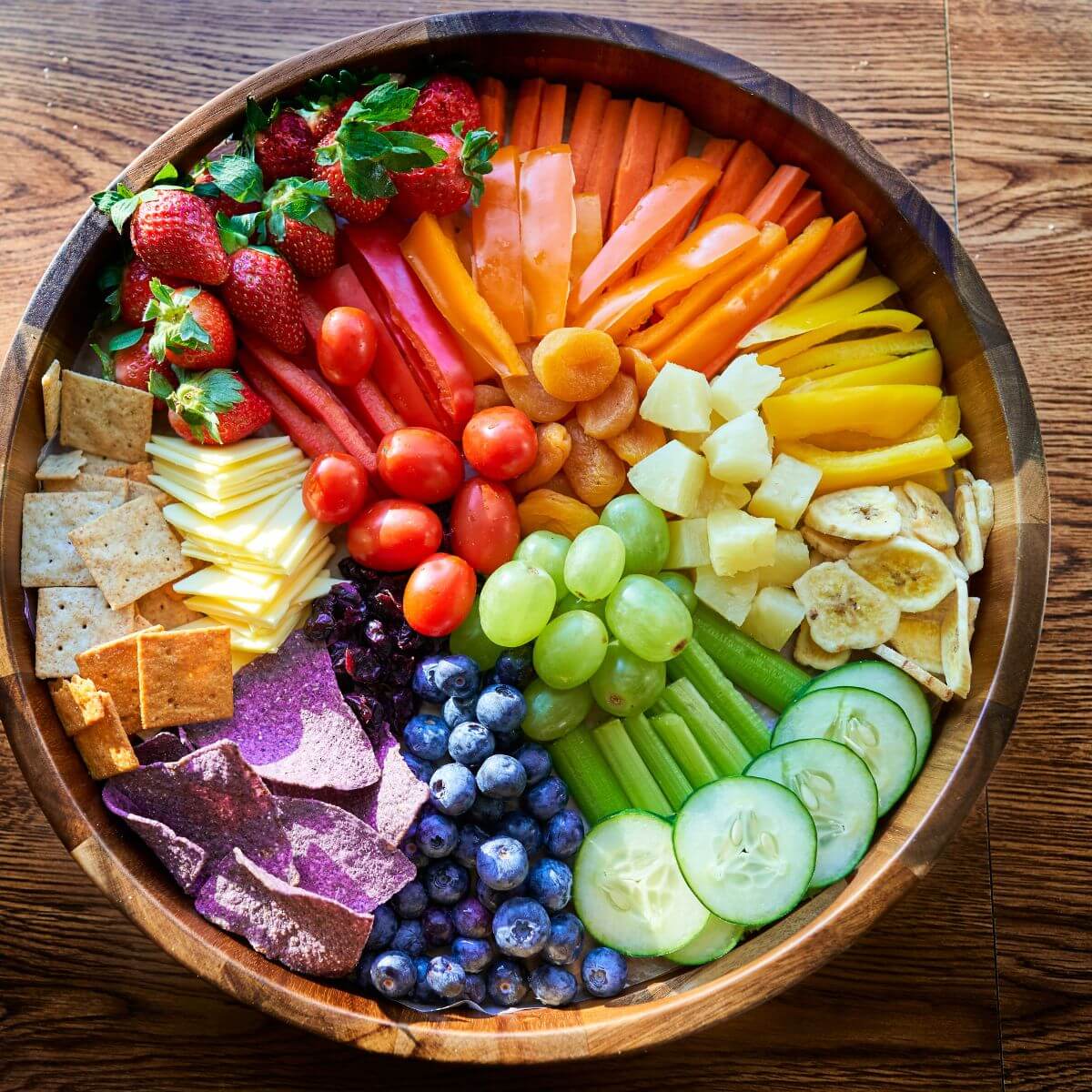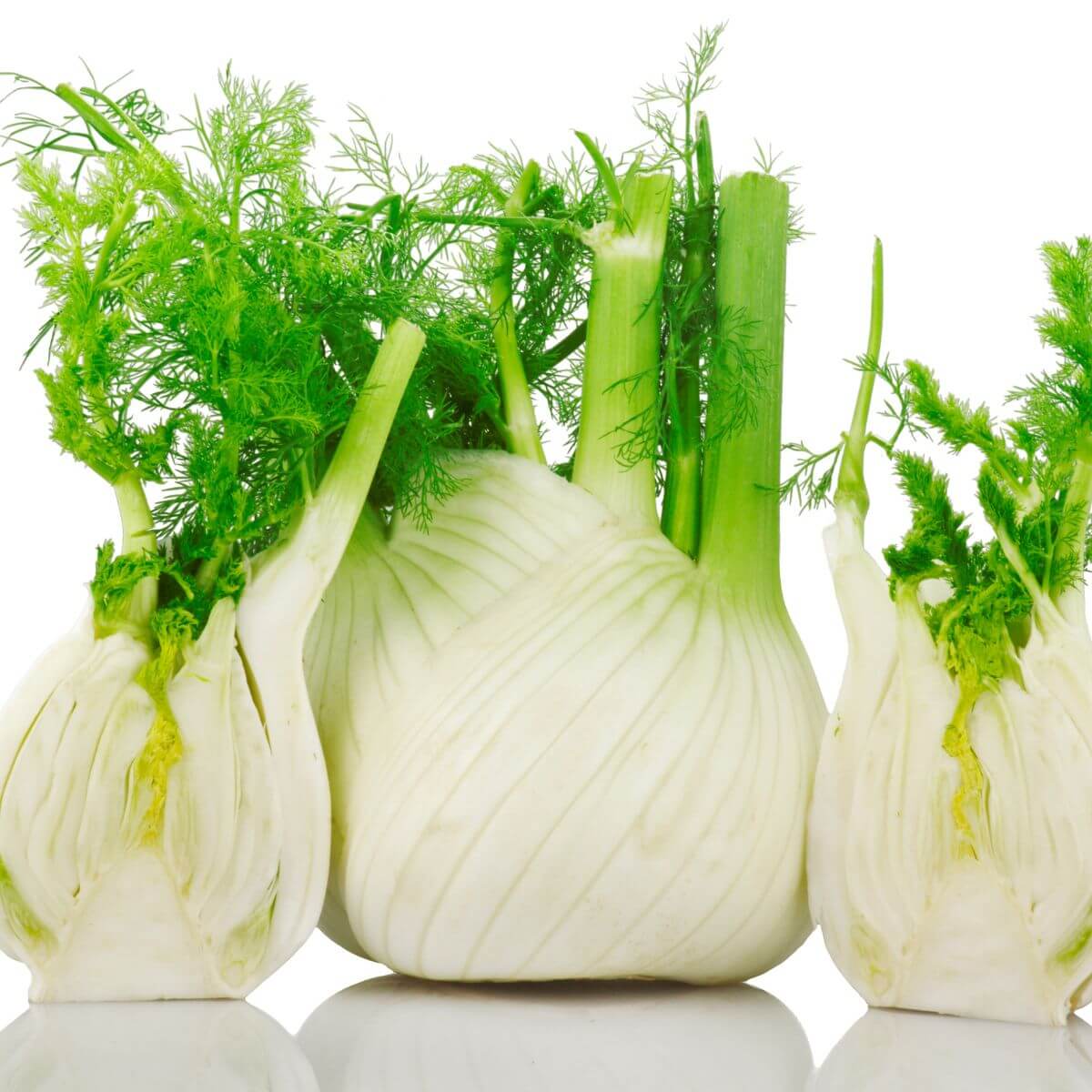Mangoes are not only delicious, but mangoes have positive nutrition, health and beauty benefits. So, how many calories are in one mango? What about some more nutrition facts about mango? Are mangoes actually healthy to eat? If you are interested in mango nutrition and the key nutrients, keep reading.

Here are some pretty interesting nutrition facts that mango provides for the body.
- Vitamins: Mangoes are rich in vitamins A, C, and E, which are essential for maintaining healthy skin, boosting the immune system, and protecting against oxidative stress.
- Fiber: Mangoes contain a good amount of dietary fiber, which aids digestion, supports gut health, and helps prevent constipation.
- Antioxidants: Mangoes are packed with antioxidants like beta-carotene and polyphenols, which help combat free radicals, reduce inflammation, and protect the body from various diseases.
- Minerals: Mangoes contain minerals like potassium and magnesium, which are important for maintaining proper heart function, regulating blood pressure, and supporting overall well-being.
Nutrition, Health and Beauty Benefits of Mango
Mangoes are delicious tropical fruit. They contain polyphenols, which are plant compounds that function as antioxidants. Mangoes contain about 100 calories per mango.
One particular antioxidant found in a mango is mangiferin, which is especially powerful. They are rich in vitamin C, known to protect the immune function within the body. When our body is given the proper amount of vitamin C, it can produce more white blood cells to help the defense system of our body.
The potassium in the mango helps maintain fluid balance within the body. Mangoes also contain 25% of the recommended daily intake for vitamin A. Vitamin A is important for eye health.
They are also remarkable for beautifying the hair due to the mineral silica. It promotes hair growth and strengthens the hair.
There are some individuals with mango allergies and/or a reaction to the cross-reactivity of cashews, pistachios, and papaya.
It is also important to note that those who are sensitive to poison ivy should be careful with mangoes. Have someone else peel the fruit for you, and if you have any reactions, seek medical help.
Mango Nutrition Facts
Find out how many calories are in one mango, along with all the vitamin and mineral content.
MANGO KEY NUTRIENTS
Vitamin C | Vitamin A | Potassium | Fiber | Polyphenols
NUTRITIONAL REPORT OF MANGOS
*Per 1 cup raw mango.
- Calories | 99
- Protein: 1.4 grams
- Carbohydrates: 24.7 grams
- Vitamin C | 76%
- Potassium | 6%
- Vitamin A | 25%
- Copper | 20%
- Vitamin B6 | 11%
- Folate | 18%
- Vitamin E | 9.7%
- Niacin | 7%
Mango Eating Suggestions
In addition to these nutritional benefits, mangoes are also known for their delicious taste and versatility. They can be enjoyed on their own, added to smoothies, salads, or desserts, and even used in savory dishes.
So next time you indulge in a juicy and ripe mango, remember that you are not only savoring a tropical delight but also nourishing your body with a wide range of health-promoting nutrients. Enjoy!
Mangoes contain a large seed, so either cube or slice the mango into long slices.
Store mangoes at room temperature until ripe, then you can transfer them to the refrigerator for up to five days or freeze them.
Frozen mangoes are perfect to add to smoothie recipes or even frozen desserts.
Mangoes are great in smoothies, salads, or as a quick dessert with some whipped coconut cream. They are one of the higher sugar-containing fruits, so it is best to eat them in moderation.
If you love tropical fruits, you can learn more about the health and beauty benefits of papayas.
Let’s Discuss the Health Benefits of Mango!
Now that you have learned a lot about the nutrition of mango, I would love to hear what your favorite mango recipe is. Mangoes have positive health and beauty benefits, so consider adding them to your diet today.
Let me know in the comments below.
You can also connect with me @Eat_Your_Nutrition on Instagram. I love seeing your photos. #EatYourNutrition #LauraVillanueva





